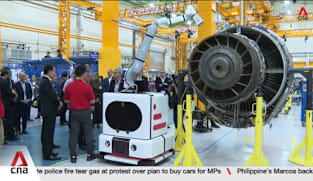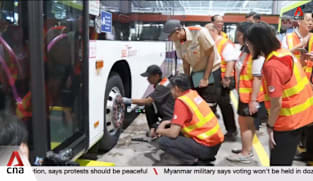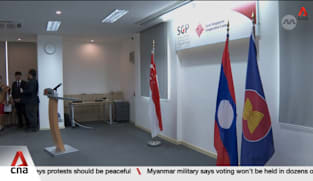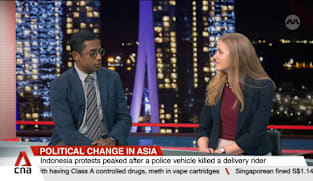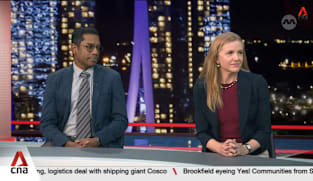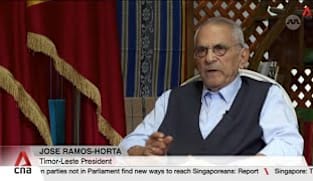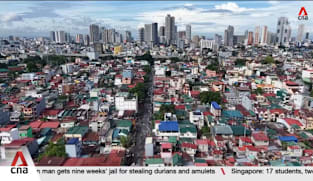Murali Pillai on Immigration (Amendment) Bill
It is well-known that officers of the Immigration and Checkpoints Authority, as well as staff and auxiliary police officers deployed at Singapore’s immigration checkpoints have heavy workloads, said MP Murali Pillai. Speaking in Parliament on Monday (Sep 18), he also noted that the Woodlands Checkpoint ranks among the world’s busiest. With the manpower crunch that all sectors across Singapore face, it makes sense to leverage technology and digitalise and automate immigration clearance, he said. This will result in faster clearance and improve the experience of travellers, he added. Mr Murali also sought clarifications on the Bill. One of them relates to the proposal to allow immigration officers to collect advance passenger information. He wanted to know if public transport operators will have to perform this task. These include the operators of the Rapid Transit System link that is due to be commissioned in about three years and SBS Transit which runs service 170. Mr Murali said the provisions in the Bill are wide enough to include public transport operators. If they apply to them, this may create practical problems and bottlenecks given the huge number of train and bus commuters that the operators would be expected to handle on a daily basis, he said.
It is well-known that officers of the Immigration and Checkpoints Authority, as well as staff and auxiliary police officers deployed at Singapore’s immigration checkpoints have heavy workloads, said MP Murali Pillai. Speaking in Parliament on Monday (Sep 18), he also noted that the Woodlands Checkpoint ranks among the world’s busiest. With the manpower crunch that all sectors across Singapore face, it makes sense to leverage technology and digitalise and automate immigration clearance, he said. This will result in faster clearance and improve the experience of travellers, he added. Mr Murali also sought clarifications on the Bill. One of them relates to the proposal to allow immigration officers to collect advance passenger information. He wanted to know if public transport operators will have to perform this task. These include the operators of the Rapid Transit System link that is due to be commissioned in about three years and SBS Transit which runs service 170. Mr Murali said the provisions in the Bill are wide enough to include public transport operators. If they apply to them, this may create practical problems and bottlenecks given the huge number of train and bus commuters that the operators would be expected to handle on a daily basis, he said.









